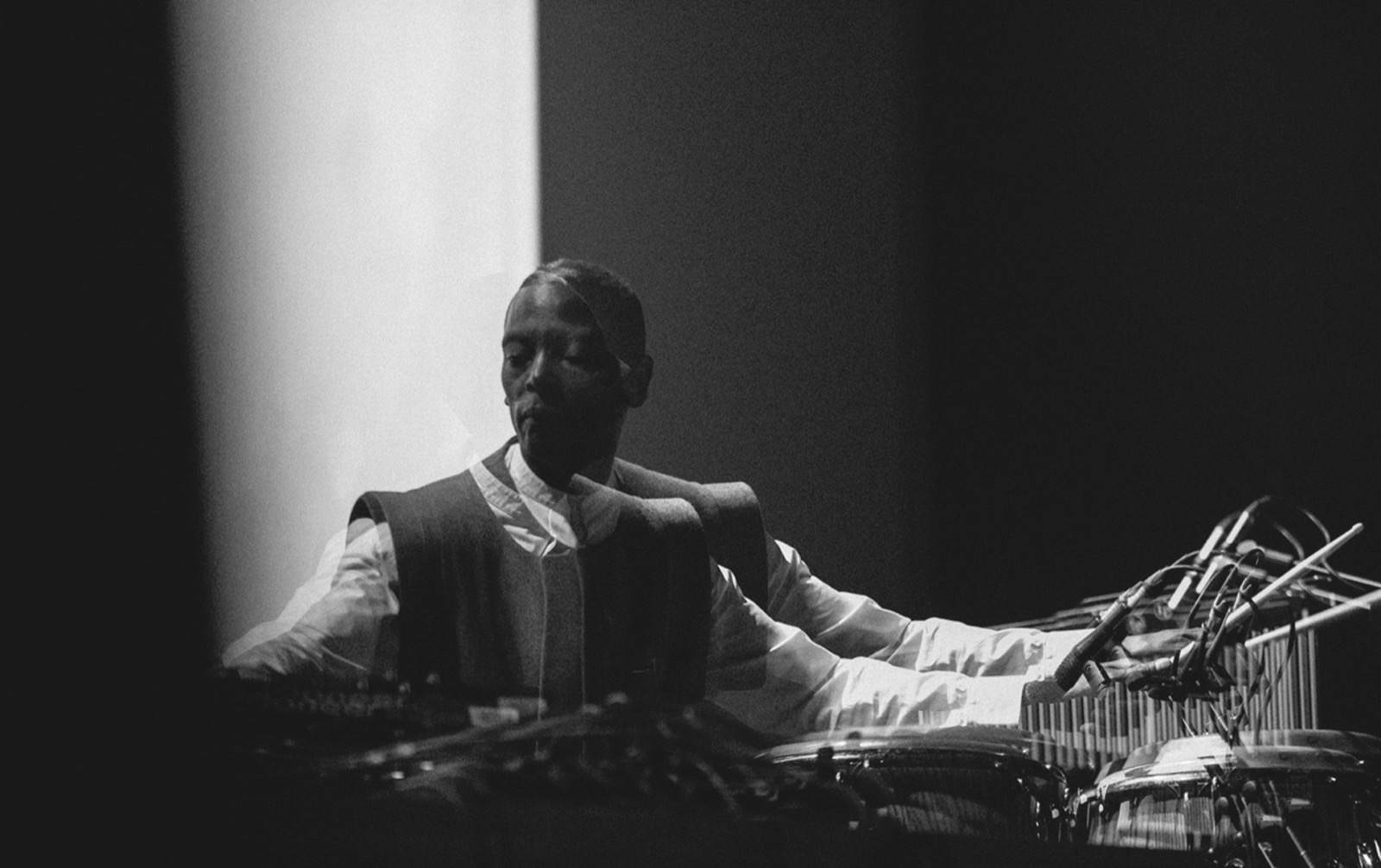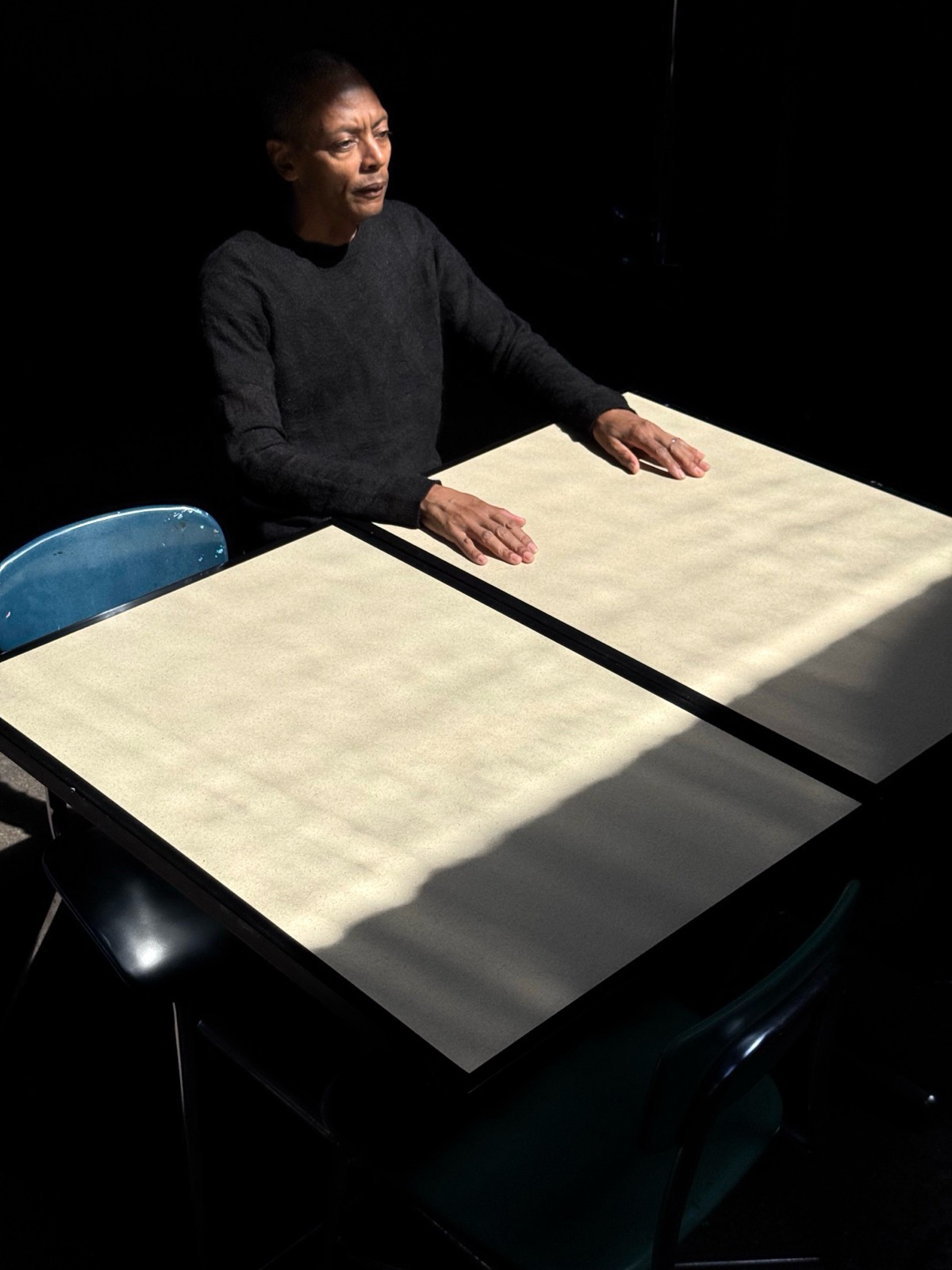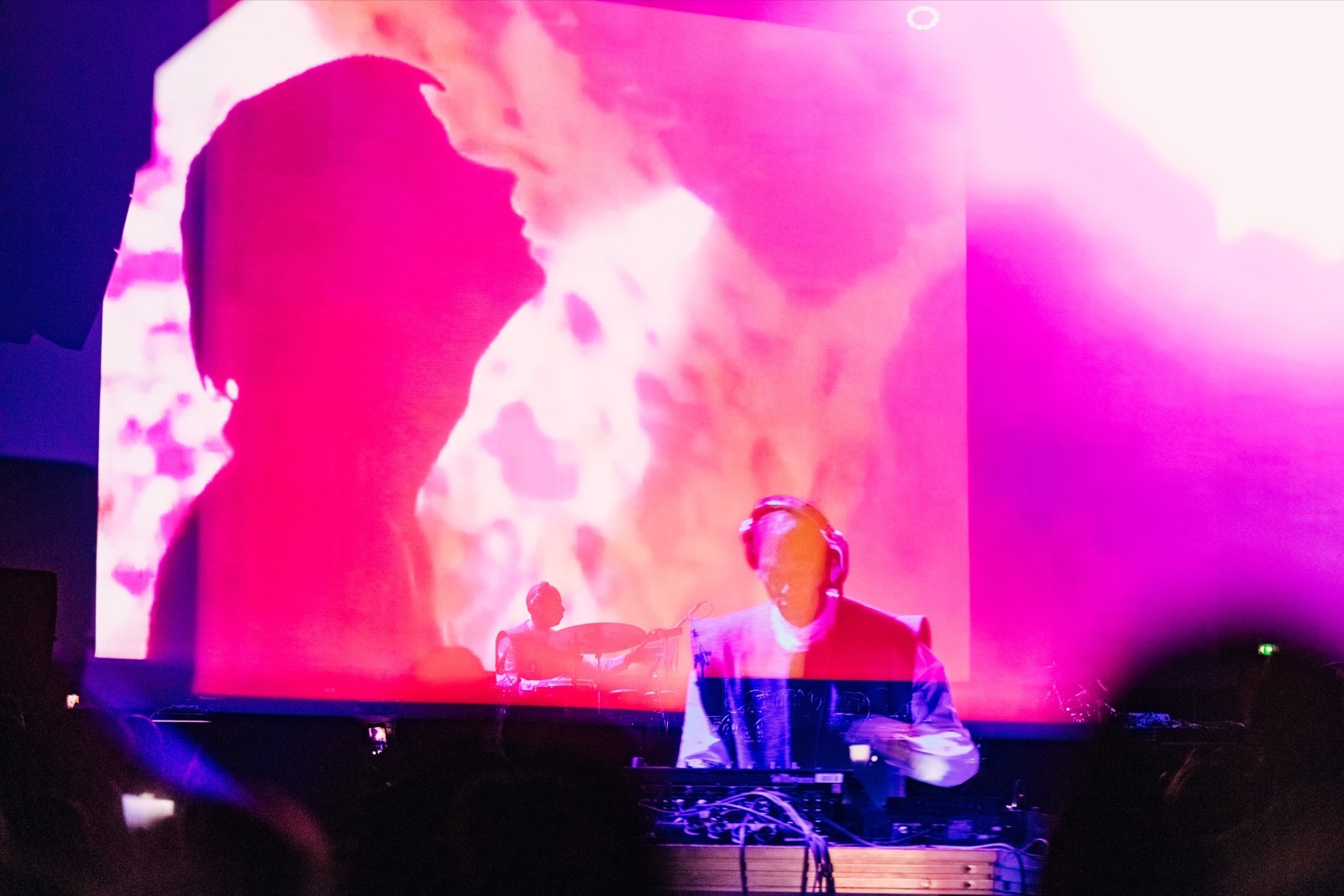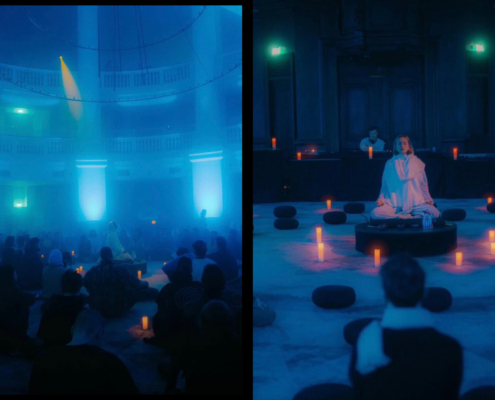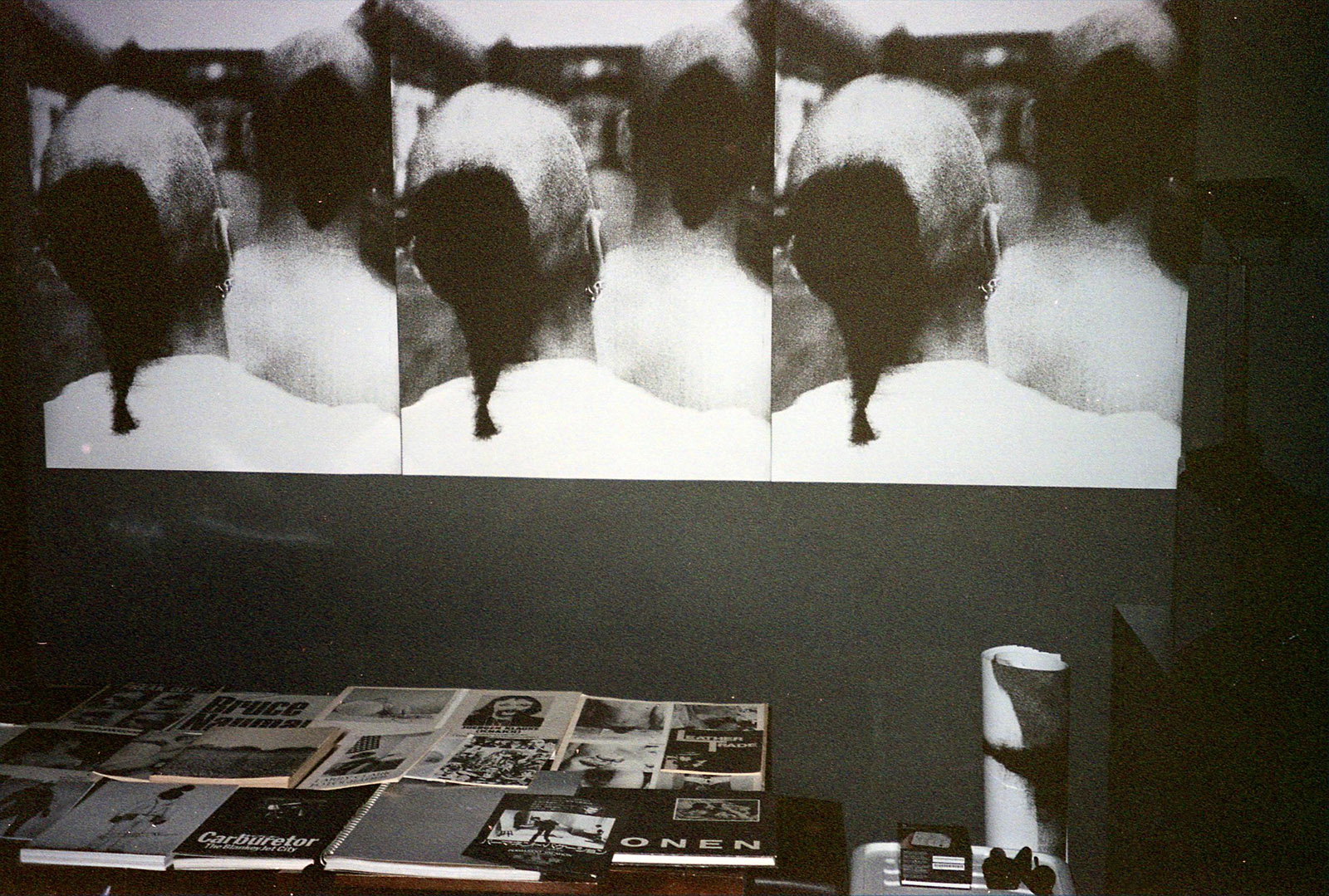It is within this tension that Star Chronicle takes shape: from September 10 to 13, 2025, Jeff Mills will be featured in an artist residency at Spot Lite Detroit, a gallery and club curated by Roula David that has long explored the dialogue between visual arts and music. Mills will present his personal collection of artworks and artifacts, host special guests from the Escape Velocity projects, and screen exclusive film premieres. The residency is organized in collaboration with Paxahau, a pioneering force in Detroit’s electronic music scene and producer of the Movement Festival since 2006.
Each night of the residency will feature leading figures from the cultural and musical world. On Wednesday, September 10, Liz Warner, award-winning multimedia journalist and longtime voice of WDET, will open the series. Thursday, September 11, Terrence Dixon, a cornerstone of minimalist techno, will bring his visionary sound that has shaped Detroit’s DNA for over 30 years. Friday, September 12, Developer, a key figure in Los Angeles’ techno scene and founder of the Modularz label, will share his hypnotic, uncompromising approach that has influenced global techno since the 1990s. Saturday, September 13, Optic Nerve, the alias of Keith Tucker, will close the residency, presenting Detroit Techno’s cinematic side with futuristic soundscapes and orchestral arrangements that make the city itself feel like a film in music.
Alongside the guests, the residency will feature exclusive film screenings. X-102 Rediscovers The Rings of Saturn: Live in Tokyo 2018 showcases excerpts from a rare live performance by Underground Resistance (Mike Banks and Jeff Mills) as X-102, a sonic project begun in 1992 focused on observing Saturn and its moons, continually updated over the years. In PLANETS (2017), Mills interprets the solar system through Butoh dance: the renowned Japanese dancers of Dairakudakan, led by Akaji Maro, translate the character of each planet into symbolic, physical movement. Finally, Life To Death And Back (2015), filmed at the Louvre during Mills’ residency, explores the cycles of life and death inspired by Ancient Egypt. In collaboration with choreographer Michel Abdoul and three contemporary dancers, the film follows a journey of birth, disappearance, and rebirth, tracing an eternal cycle.
It becomes clear why Jeff Mills’ presence in iconic art venues—from Barcelona’s CCCB to the Southbank Centre, the Barbican Centre, Cinémathèque Française, Centre Pompidou, and the Monte Carlo Art Fair—has never been incidental. His career has also been formally recognized by the French government, which awarded him the title of Chevalier of the Order of Arts and Letters in 2007 and promoted him to Officer in 2017, acknowledging his contributions to the arts, including his residency at the Louvre.
“Fine arts” refers to artistic forms created primarily for aesthetic purposes, distinct from practical utility, where technique and quality merge into a single work. Traditionally, fine arts include architecture, sculpture, painting, music, literature, dance, and theater (extended to cinema in the 20th century). They embody the synthesis of professional rigor and individual creativity, standing in opposition to commercial art and asserting the uniqueness and authenticity of artistic expression.
In this context, Jeff Mills’ Star Chronicle sits firmly within this tradition: an immense, extraordinary work that proves Mills is more than a musician or DJ—he is a total artist, capable of transforming knowledge, creativity, and sensitivity into an experience that transcends the ordinary.


